Why Relying on Reminders is Detrimental to Employee Growth and How To Foster Employee Responsibility
by Michael Hoffman

Introduction:
In the workplace, reminders from bosses have become a common practice to ensure tasks are completed on time. However, relying too heavily on reminders can hinder employee growth, foster dependency, and stifle productivity. In this blog, we will explore why constant reminders are a counterproductive habit and provide practical strategies to wean employees off this reliance, fostering a culture of self-responsibility and empowerment.
- The Downside of Constant Reminders
Constant reminders may seem helpful in the short term, but they have several negative effects in the long run:
a) Reduced Accountability: When employees become accustomed to regular reminders, they may develop a lack of ownership and accountability for their responsibilities. They rely on external prompts rather than taking personal initiative to manage their tasks effectively.
b) Stifled Creativity and Problem-Solving: Reminders often focus solely on the completion of tasks, disregarding the need for critical thinking and independent decision-making. This can hinder employee creativity, problem-solving skills, and innovation.
c) Dependency on Superiors: Continuous reminders can foster a culture of dependency, where employees become overly reliant on their superiors for guidance and direction. This hampers their ability to think and act independently, limiting their professional growth and potential.
- Cultivating Self-Responsibility:
To wean employees off the habit of relying on reminders, it’s crucial to foster a culture of self-responsibility and empowerment. Here are some strategies to achieve this:
a) Clear Expectations and Goals: Clearly communicate expectations and goals to employees, ensuring they understand what is required of them. When expectations are well-defined, employees can take ownership of their responsibilities. When they are not well defined, employees may find themselves with an excuse for why they didn’t complete tasks. Unclear expectations create ambiguity, leaving room for misinterpretation and a lack of accountability.
b) Encourage Time Management Skills: Help employees develop effective time management techniques to prioritize tasks and meet deadlines independently. Provide training or resources to enhance their organizational skills, enabling them to manage their workload efficiently.
c) Foster Autonomy and Decision-Making: To foster autonomy and decision-making among employees, it is crucial to empower them by granting autonomy within their roles. Encouraging critical thinking, informed choices, and calculated risks builds confidence and encourages self-responsibility. Additionally, the RACI matrix is a commonly used tool that helps clarify roles and responsibilities within the decision-making process.
The RACI matrix stands for Responsible, Accountable, Consulted, and Informed, and it assigns these four roles to individuals or groups involved. The breakdown of these roles is as follows:
1. Responsible (R): The person or group responsible for executing tasks or making decisions, actively involved and accountable for the outcome.
2. Accountable (A): The person who is ultimately answerable for the decision or outcome, possessing the authority to make the final decision and responsible for its success.
3. Consulted (C): The individuals or groups providing input, expertise, or relevant information for the decision-making process, consulted for their insights and opinions.
4. Informed (I): The individuals or groups who are kept informed about the decision and its outcomes, not actively involved in the decision-making process.
By utilizing the RACI matrix, teams can ensure the right people are involved at the appropriate stages of decision-making, fostering clarity, accountability, and effective communication. This tool helps prevent confusion and ensures that necessary information is shared with the relevant stakeholders, contributing to a more streamlined and successful decision-making process.
d) Regular Feedback and Coaching: Provide constructive feedback and coaching to employees, focusing on their growth and development rather than just task completion. Encourage open dialogue to identify challenges, explore solutions, and foster a learning environment.
e) Promote Collaboration and Knowledge Sharing: Foster a collaborative culture where employees can learn from and support each other. Encourage knowledge sharing, cross-training, and mentorship programs to empower employees to seek help from peers instead of relying solely on reminders from supervisors.
- Lead by Example:
As a leader, it is essential to set the tone for self-responsibility and autonomy. Lead by example and demonstrate trust in your employees’ abilities. Delegate tasks and provide guidance when needed, but avoid micromanagement. Encourage a growth mindset and celebrate achievements that result from employees taking ownership of their responsibilities.
Conclusion:
Over-reliance on reminders can hinder employee growth, impede creativity, and create dependency. By adopting strategies that foster self-responsibility, such as setting clear expectations, encouraging time management skills, promoting autonomy, providing regular feedback, and promoting collaboration, employers can cultivate an environment where employees feel empowered to take ownership of their tasks. Breaking the habit of constant reminders not only improves individual growth but also enhances productivity and creates a culture of independent thinkers and problem solvers.


